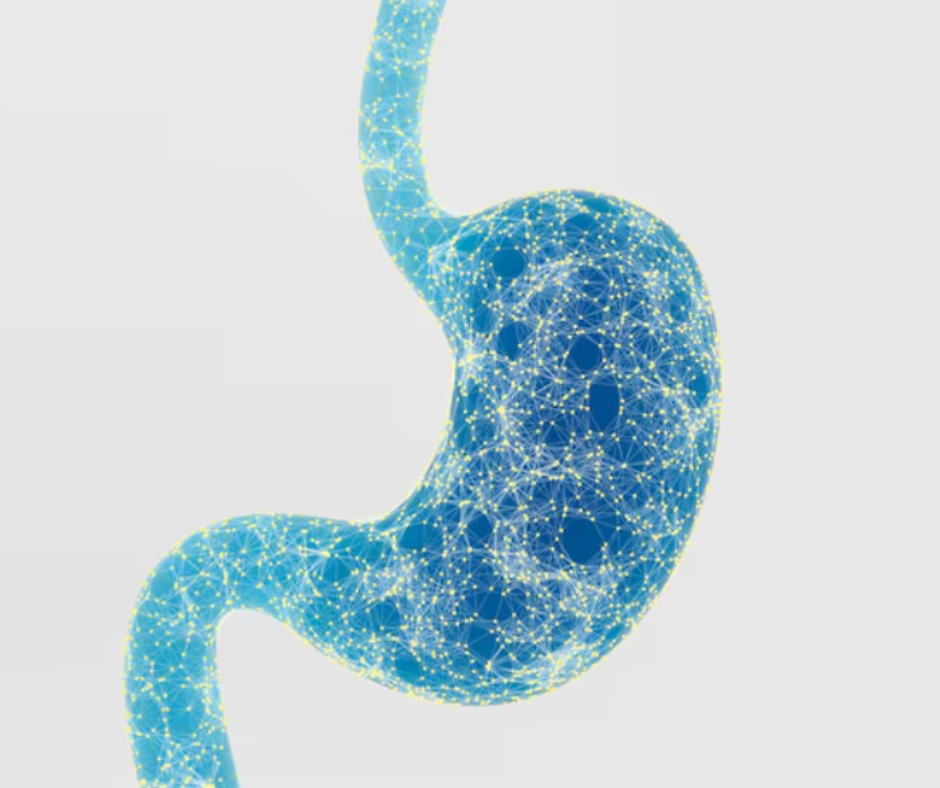Advanced Treatment Options Offered by Leading Liver Specialists
- livercarecenter23
- Nov 20, 2025
- 2 min read
Updated: Jan 9

Introduction
Modern liver care has evolved rapidly, allowing liver specialists to diagnose, treat, and manage complex liver conditions with remarkable accuracy. With advancements in medical technology and deeper clinical understanding, today’s leading liver specialists offer a range of innovative treatments designed to improve outcomes, slow disease progression, and enhance quality of life. From non-invasive diagnostic tools to highly specialized therapies, patients now have access to world-class care like never before.
Cutting-Edge Diagnostic Tools
Before treatment begins, accurate diagnosis is essential. Leading liver specialists use advanced tools such as FibroScan, high-resolution ultrasound, CT and MRI, and genetic or autoimmune testing to get a comprehensive picture of liver health. These technologies help detect early fibrosis, fatty liver disease, tumors, and inflammation with precision—allowing specialists to tailor treatment effectively.
Advanced Antiviral Therapies
For viral hepatitis, especially Hepatitis B and C, liver specialists offer new-generation antiviral medications that are highly effective and have minimal side effects. These treatments help suppress the virus, prevent liver damage, and in many cases, completely cure hepatitis C. These modern therapies are faster, more effective, and safer than traditional treatment options.
Non-Invasive Fibrosis and Cirrhosis Management
For patients with fibrosis or early-stage cirrhosis, specialists now use targeted medications, lifestyle interventions, and metabolic therapies to slow or reverse liver damage. Non-invasive monitoring tools also allow continuous assessment without the need for repeated biopsies.
Endoscopic and Minimally Invasive Procedures
Leading liver specialists offer advanced procedures such as:
Endoscopy for variceal bleeding
ERCP for bile duct blockages
Endoscopic ultrasound (EUS) for tumor evaluationThese minimally invasive treatments help manage complications safely and effectively without major surgery.
Liver Cancer Treatments
For liver cancer, specialists use cutting-edge treatments such as:
Radiofrequency ablation (RFA)
Transarterial chemoembolization (TACE)
Targeted therapy
ImmunotherapyThese treatments help shrink tumors, control growth, and improve survival rates—offering hope even in complex cases.
Advanced Fatty Liver Disease Management
With fatty liver disease becoming increasingly common, top specialists offer comprehensive lifestyle programs, metabolic treatments, and insulin-sensitizing medications to reduce liver fat and prevent progression to cirrhosis. Some centers even offer clinical trials for emerging therapies.
Artificial Liver Support Systems
In severe liver failure cases, specialists may use advanced liver support systems like MARS (Molecular Adsorbent Recirculating System). This technology temporarily performs liver functions, helping stabilize patients until recovery or transplant.
Liver Transplant Evaluation and Post-Transplant Care
Leading hepatologists are involved in:
Thorough pre-transplant evaluations
Identifying suitable candidates
Coordinating transplant procedures
Providing long-term post-transplant care
They monitor patients for rejection, infection, and overall recovery to ensure successful outcomes.
Regenerative Medicine and Emerging Therapies
Some advanced liver centers are exploring stem-cell therapies, gene therapies, and regenerative treatment options that may one day repair liver tissue damaged by chronic disease. These cutting-edge innovations represent the future of liver care.
Conclusion
Today’s leading liver specialists offer a wide range of advanced treatment options that make early diagnosis, better disease management, and successful recovery more achievable than ever. From breakthrough antiviral therapies to minimally invasive procedures and life-saving transplant care, modern hepatology provides hope and healing for patients with even the most complex liver conditions. Choosing an experienced liver specialist ensures access to these innovations—and significantly improves long-term liver health.



Comments